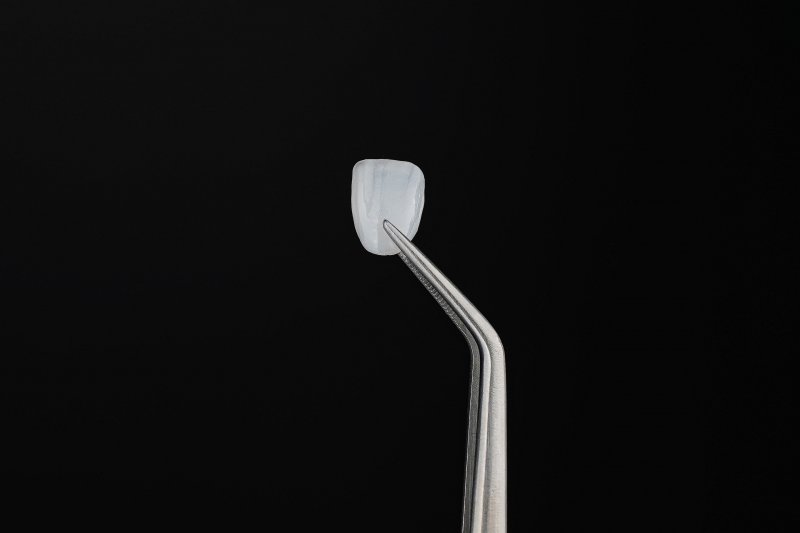
Veneers are remarkable cosmetic appliances that can transform a patient’s smile by concealing mild to severe dental defects like chips, cracks, stains, and gaps, and they can typically be placed in as few as two appointments. However, some patients may develop mild dental sensitivity that lasts for a few days after the procedure. Here’s a quick guide to how veneers are placed, how this may cause dental sensitivity, and what you can do about it.
What Are Veneers?
Veneers are thin ceramic shells designed to mimic the appearance and texture of natural dental enamel, and they are used to reshape teeth and conceal defects like chips, gaps, cracks, and stains. The process of placing these devices requires the removal of a small amount of enamel after the patient receives an appropriate anesthetic to ensure their comfort. Since removed enamel does not grow back, teeth that receive veneers will need to wear them from then on for protection against infection and injury.
Can Veneers Cause Dental Sensitivity?
Since placing veneers involves the removal of a small amount of enamel, the treated teeth may be especially sensitive to heat, cold, sweetness, and acidity for a few days afterward. However, this problem should go away on its own as you get used to wearing your appliances. Eventually, your veneers should feel as comfortable as your natural dental tissue, and they can last for fifteen years or more if they receive excellent care.
How Can I Reduce My Dental Sensitivity?
While dental sensitivity caused by the placement of veneers can be expected to go away on its own after one or several days, there are a few methods that may help you feel more comfortable until then. These include:
- Avoiding foods and beverages that are hot, cold, acidic, or sweet until you can enjoy them comfortably.
- Refraining from chewing with the treated tooth while the cement holding the veneer in place is still setting.
- Using over-the-counter pain medication, an oral analgesic, or desensitizing toothpaste.
However, contact your cosmetic dentist if your veneer is loose or if you notice symptoms of infection such as fever, chills, fatigue, swelling, a lingering foul taste, or pain that gets worse after several days.
Don’t let mild and temporary dental sensitivity discourage you from transforming your smile into a beautiful new state. Consulting with your dentist can help you understand the best ways to keep your teeth comfortable after receiving veneers.
About the Author
Dr. Rhiannon B. Presley earned her dental degree at Texas A&M Baylor College of Dentistry and regularly refines her skills with continuing education coursework. She is proud to be a member of the Academy of General Dentistry, the Texas Dental Association, and the Texas Association of Women Dentists. Her office in Fort Worth offers general, restorative, emergency, and cosmetic dentistry such as veneers. To learn more about the process of placing veneers, contact her practice on the web or call the front desk at (817) 242-5564.
